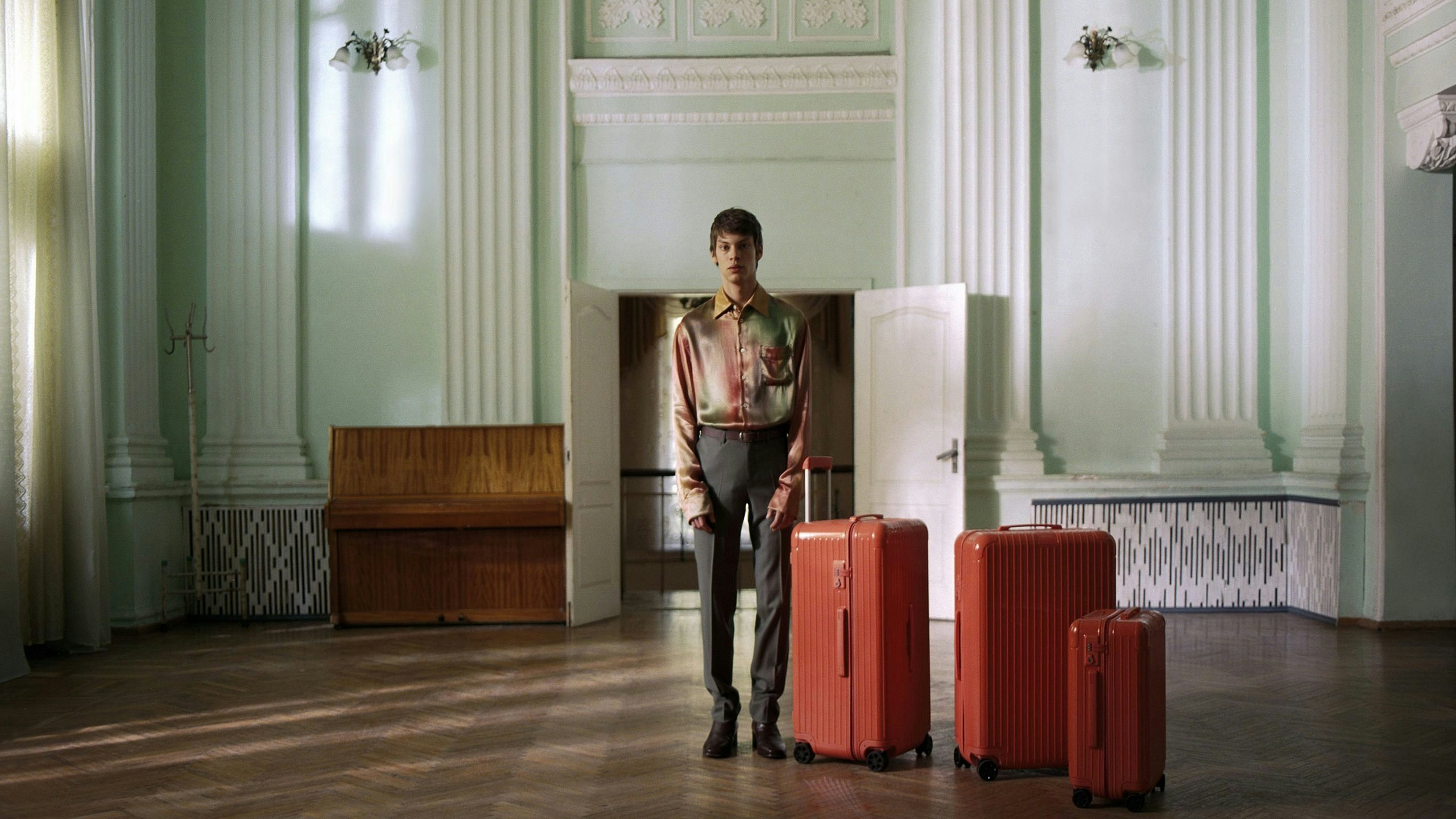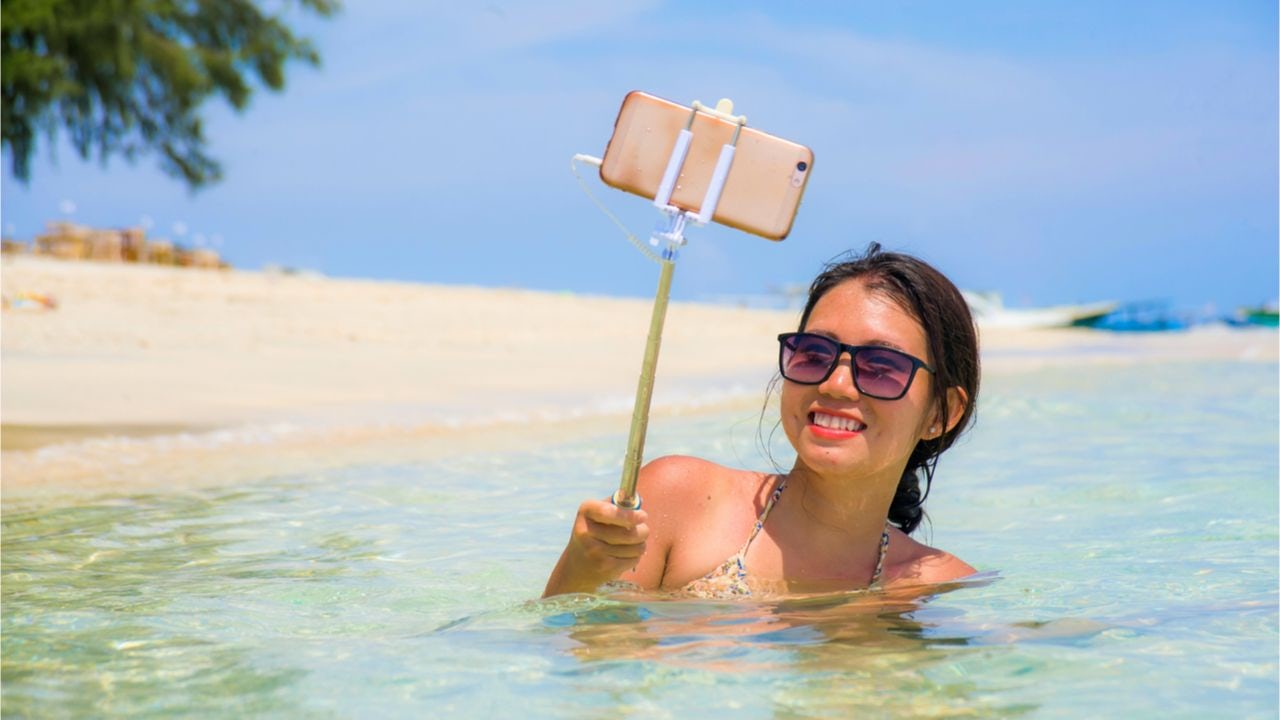Key Takeaways#
:
- Not sure how appropriate the term “revenge” is in these matters but while there was evidence of pent-up demand in luxury sales so should there be pent-up demand in travel spending when the world reopens.
- Depth and breadth of waves of COVID-19 infection continue to affect travel, but that doesn’t mean consumers aren’t keen to travel, quite the opposite.
- While travel spending is often seen as positively correlated to luxury sales, luxury and travel might compete for consumers’ wallets as we exit the pandemic-related crisis
Luxury and travel have many attributes in common but one of them is that they build positive memories and individual stories which make consumers incredibly emotional. They are also often a means to cement strong relationships. Watch the Samsonite Holiday advertisement and show it to some of your family members, it might even bring some to tears. With COVID-19 seemingly extending its welcome with the depth and breadth of the pandemic expanding — Europe is likely to see more restrictions, the US is beating sad records, even China is starting to see some cases again — it looks like we will be staying at home for longer than most of us would have thought just a few weeks back.
Does that mean an appetite for travel is about to wane? Don’t bet on it. The human spirit of contradiction once again is bound to make you crave what you cannot reach. As the first wave started to subside in the summer of 2020, wealthy consumers came to spend in very impressive manners. As the borders for travel re-open, whether it comes this summer or later, you can count on a wave of travel to take over. “Flights to nowhere” are just an example of the kind of pent-up demand that is building.
Often times, observers of the luxury industry believe there is a positive correlation between travel demand and luxury sales. And indeed, as a business traveler, you tend to be aware of the guilt factor if you don’t bring back something nice for your spouse and/or kids after a long time away. And Chinese consumers would also spend much on luxury in places where products are more affordable than Mainland China, typically Hong Kong, Japan, and Continental Europe. As I explain in Future Luxe, post pandemic, the equation may actually be a bit different and you might want to consider travel as a competitor to luxury (from a budget perspective) rather than a positive. This is simply a sort of “reversion to mean” after the luxury sector benefited greatly, notably in the US and China, from ”staycationing.”
As consumers stayed home and did not spend on expensive air travel, fancy hotels, Michelin star restaurants and other services abroad, they freed up some means to spend on things. A sort of transfer back from experiences to products. As the world reopens eventually, budgets might not be expandable and there could be some arbitrage between spending on that trip you have been eager to take for more than a year and that handbag or watch. Sure, it doesn’t serve the exact same purpose but you might be reordering some of your priorities.
If we are to live another Roaring Twenties period of growth, imagine a world where restaurants, night clubs, cruises, and hotels are open for business. Traditional personal luxury items will undoubtedly face many substitutes. This is likely one reason why before acquiring Tiffany, and prior to the pandemic, the LVMH group had acquired RIMOWA, the high-end luggage manufacturer and Belmond, a high-end hospitality asset. If you won’t sell the consumer another bag, at least try to capture some share of her wallet differently. The optimists will say that spending on experiences and personal goods should not be an either or. You want to look good in that night club or on that cruise, right? So while the pressure on personal goods during a rebound of travel should not be exaggerated, the benefits for personal products of a world being shut are obvious.
Erwan Rambourg has been a top-ranked analyst covering the luxury and sporting goods sectors. After eight years as a Marketing Manager in the luxury industry, notably for LVMH and Richemont, he is now a Managing Director and Global Head of Consumer & Retail equity research. He is also the author of Future Luxe: What’s Ahead for the Business of Luxury (2020) and The Bling Dynasty: Why the Reign of Chinese Luxury Shoppers Has Only Just Begun (2014).

